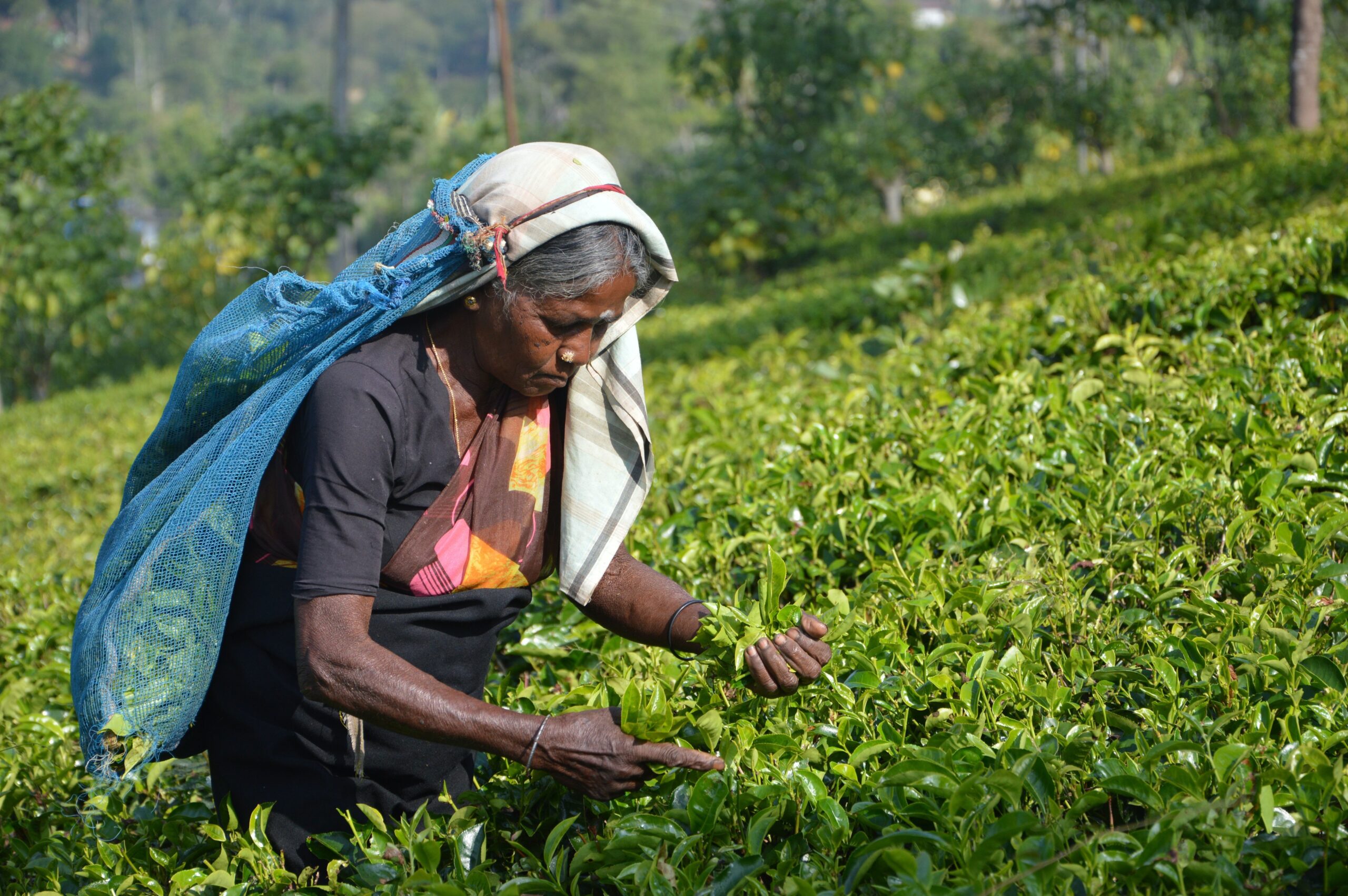Despite being one of the world’s top three tea producers and global exporter of tea, Sri Lanka’s plantation workers, primarily hailing from the Malaiyaha Tamil community, face a stark reality of poverty and vulnerability.
This disheartening paradox has come to the forefront as hundreds of Malaiyaha community members embark on a 16-day foot march, spotlighting their age-old struggle and advocating for fundamental rights as citizens.
With around 105,000 individuals from this million-strong community driving crucial foreign exchange through their labour in tea and rubber estates, their situation paints a poignant picture of disparity.
While Sri Lanka boasts of its tea export dominance, it is a sombre truth that its tea workers, lacking land ownership, exist as the poorest demographic, living in constant fear of forced eviction.
The march, spanning 252 kilometres and originating from Talaimannar on the northwestern coast, carries deep historical significance.
Scheduled to conclude on August 12 in Matale, a major city in Central Province, the march marks the 200th anniversary of the community’s migration from southern India to toil on British-era tea and rubber plantations.
The march has garnered support that transcends religious boundaries, symbolising the unity of a shared cause. Leaders representing Buddhism, Christianity, Islam, and Hinduism, along with civil society members, have united with the marchers, reflecting solidarity across diverse beliefs.
More than half of the tea plantation workforce comprises women from the Malaiyaha Tamil community, who grapple with abject poverty while dwelling in cramped 400-square-foot rooms.
The majority of Tamil Malaiyaha’s are Hindus, but there is a small number of Christians and Muslims as well.
The Malaiyaha community’s plight is deeply rooted in a history of structural exclusion, spanning through a prolonged period of statelessness and disenfranchisement. This exclusion has led to dire human development indicators, exacerbating their vulnerability to socio-economic challenges.
Emphasising the universality of rights, Walahahangunawewa Dhammarathana Thera, chief incumbent of the Mihintale Rajamaha Vihara, underscored the need for equal housing and land rights, irrespective of caste, religion, or race. Speaking to the marchers on August 6 at Mihintale, he recognized the community as victims of inadequate wages, limited educational opportunities, and a lack of essential infrastructure, said UCANews.
Nimalka Lakmali, a teacher from the Malaiyaha community, voiced the community’s grievances, emphasising the denial of basic necessities such as land, housing, fair wages, education, healthcare, and other state services. She attributed their ongoing struggle for recognition and equality to the lingering effects of colonialism and slavery, which have perpetuated discrimination. The community’s leaders have consistently advocated for acknowledgment of their significant economic contributions and the historical and systemic discrimination they have endured.
Dushantha Rodrigo, the Anglican Bishop of Colombo, issued a call for unity that transcends caste and creed. He urged activists and other communities to rally behind the Malaiyaha community, uplifting them in their journey towards a dignified existence. As the march progressed, locals from towns and villages lined the route, offering sustenance and solidarity to the participants. These acts of support resonated with the overarching sentiment of unity in standing up for one another.
In the face of these struggles, international human rights organisations such as Amnesty International, World Alliance for Citizen Participation, Asian Forum for Human Rights and Development, and Front Line Defenders have amplified their concern for the Malaiyaha community. Their voices echo the global call for the community’s right to freedom of expression and peaceful assembly, enshrined in the International Covenant on Civil and Political Rights.
In a decisive move earlier this year, the Malaiyaha Tamil community adopted a 13-point declaration, embodying their unity and resilience. This declaration demands recognition of their rights as citizens of Sri Lanka, encompassing a comprehensive approach to achieving justice. As the Malaiyaha community marches onward, their strides resonate with the echoes of centuries-old struggles, standing as a testament to the unyielding pursuit of justice, equality, and recognition.

